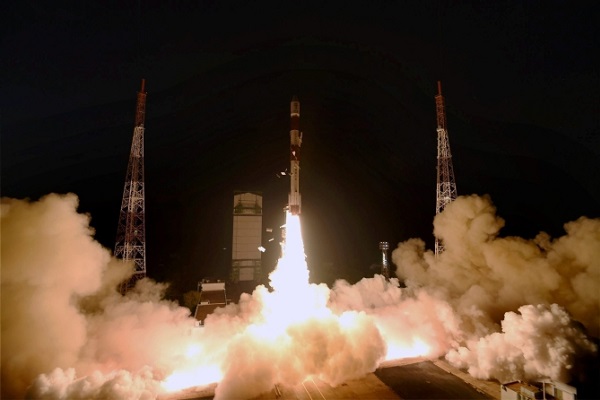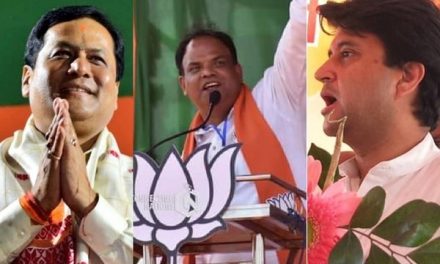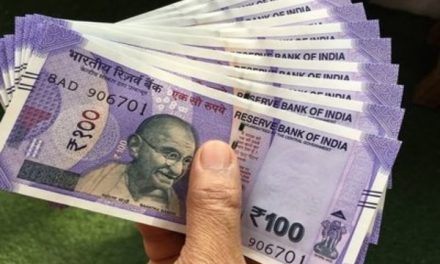IMF Chief economist Gita Gopinath will leave her job in January 2022 and return to Harvard University, according to the IMF.
Gopinath, the IMF’s first female chief economist, joined the fund in October 2018 and led new IMF analytical research on the Covid-19 pandemic and vaccination targets as well as on climate change mitigation.
IMF Managing Director Kristalina Georgieva cited Gopinath’s “tremendous” impact on the IMF’s work.
Gopinath, An Indian-Origin Economist, Will Return To Her Earlier Job Of A Professor At The Harvard University’s Economics Department. Gopinath Was IMF’s First Female Chief Economist And The Second Indian To Hold The Prestigious Position After Raghuram Rajan Who Held The Post From 2003 To 2006 Before He Joined The Finance Ministry As Chief Economic Adviser And Later The Governor Of The Reserve Bank Of India (RBI).
“Gita’s Contribution To The Fund And Our Membership Has Been Truly Remarkable—Quite Simply, Her Impact On The IMF’s Work Has Been Tremendous. She Made History As The First Female Chief Economist Of The Fund And We Benefited Immensely From Her Sharp Intellect And Deep Knowledge Of International Finance And Macroeconomics As We Navigate Through The Worst Economic Crisis Since The Great Depression,” IMF Managing Director Kristalina Georgieva Said In A Statement Announcing Gopinath’s Exit.
The IMF said as part of her many significant initiatives, Gopinath co-authored the “Pandemic Paper” on how to end the COVID-19 pandemic that set globally endorsed targets for vaccinating the world. This work led to the creation of the Multilateral Task Force made up of the leadership of the IMF, World Bank, WTO, and WHO to help end the pandemic and the establishment of a working group with vaccine manufacturers to identify trade barriers, supply bottlenecks, and accelerate delivery of vaccines to low- and lower-middle-income countries.
Gopinath also worked with other IMF departments to connect with policymakers, academics, and other stakeholders on a new analytical approach to help countries respond to international capital flows via the Integrated Policy Framework. She also helped set up a Climate Change team inside the IMF to analyze, among other things, optimal climate mitigation policies.











